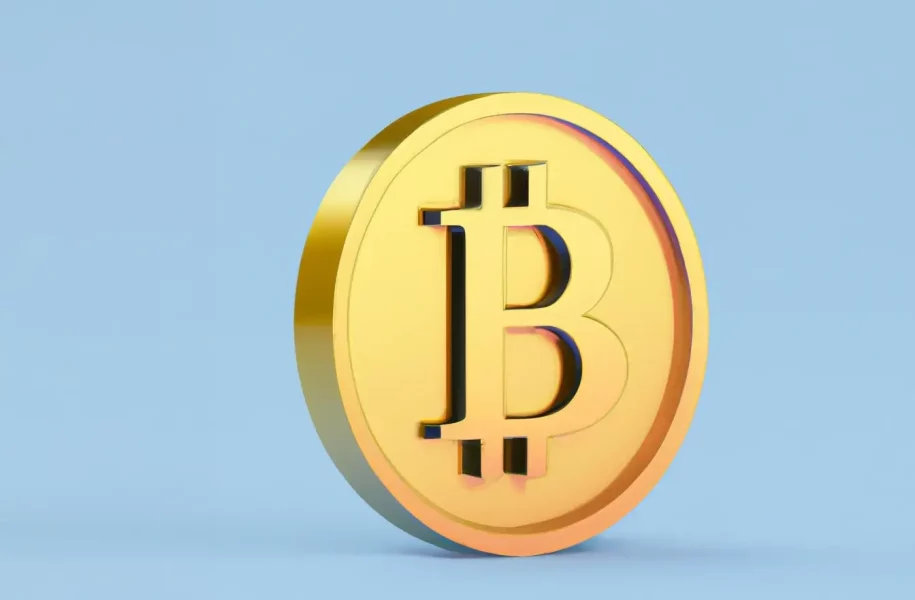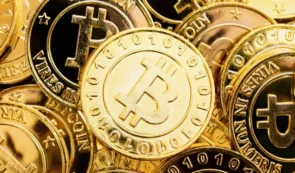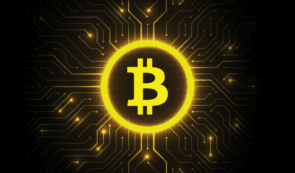Bitcoin Has Features of a Store of Value – the Federal Reserve Bank of New York

In a report published on February 9th, the Federal Reserve Bank of New York stated that Bitcoin behaves like a precious metal such as gold.
The bank did warn that the digital asset’s high volatility prevents it from replacing the US dollar.
Methodology: principal components analysis
In the report, the researchers employed a quantitative methodology known as principal components analysis to examine the relationship between the price of Bitcoin and intraday changes in money market forward rates, at thirty-minute and one-hour intervals, before and after Federal Open Market Committee (FOMC) announcements.
Support for Fed chair Jerome Powell’s statement
The 31-page report, authored by Gianluca Benigno and Carlo Rosa, supports the statement made by Fed Chair Jerome Powell in 2021.
“Crypto assets are highly volatile… They’re more of an asset for speculation, so they’re not particularly in use as a means of payment.
It’s more of a speculative asset. It’s essentially a substitute for gold rather than for the dollar.”
READ MORE: ECB on the Risks of Stablecoins and Decentralized Finance (DeFi)
Bitcoin is orthogonal to macroeconomic news
The report builds on Powell’s analysis and concludes that Bitcoin’s price is not influenced by macroeconomic news, except for Consumer Price Index (CPI). This finding contrasts sharply with traditional assets such as gold, silver, S&P 500, and various bilateral exchange rates, which respond to macroeconomic news.
Classification as a speculative asset
The report reinforced the notion that Bitcoin is a speculative asset and that its price action tends to follow financial news regarding the future of monetary policy, such as FOMC statements on interest rates and inflation.
Response to inflation
The researchers noted that an unexpected surge in US inflation could lead to an increase in export production costs, causing the nation’s currency to decline, which could theoretically correlate to a spike in Bitcoin’s value. However, the evidence was inconclusive.
Response to interest rates
Suppose the Federal Reserve takes action to counteract inflation by raising short-term interest rates. In that case, this could lead to an appreciation of the US dollar, potentially leading to a temporary increase in the price of Bitcoin.
Comparison with fiat currencies
The Fed analyzed the reaction of Bitcoin’s price over 30-minute and 1-hour intervals in comparison to leading fiat currencies such as the Japanese Yen (JPY), Euro (EUR), US Dollar (USD), and British Pound (GBP) during significant macroeconomic news events.
No influence from monetary or macroeconomic news
Interestingly, the Fed found that Bitcoin is not influenced by monetary or macroeconomic news. However, the Fed acknowledged the need for further research to understand the disconnect between Bitcoin and macroeconomic factors.
READ MORE: The Biggest Risks Associated With Central Banks’ Digital Currencies (CBDCs)
Conclusion
The report concluded that “Bitcoin is unresponsive to both monetary and macroeconomic news.”
The result that Bitcoin does not react to economic news “casts some doubts on the role of discount rates in pricing Bitcoin.” The Fed acknowledged the need for further research to make sense of these initial results.
















